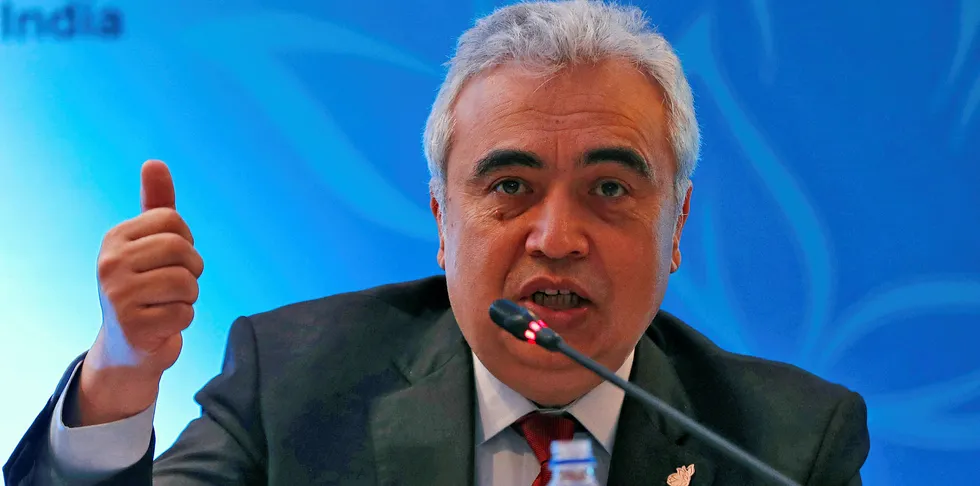Threat to energy transition as investment sees record $400bn plunge over Covid, warns IEA
Oil and gas hit hardest but power also hurt as 'staggering' spending fall puts clean energy shift at risk

Oil and gas hit hardest but power also hurt as 'staggering' spending fall puts clean energy shift at risk
